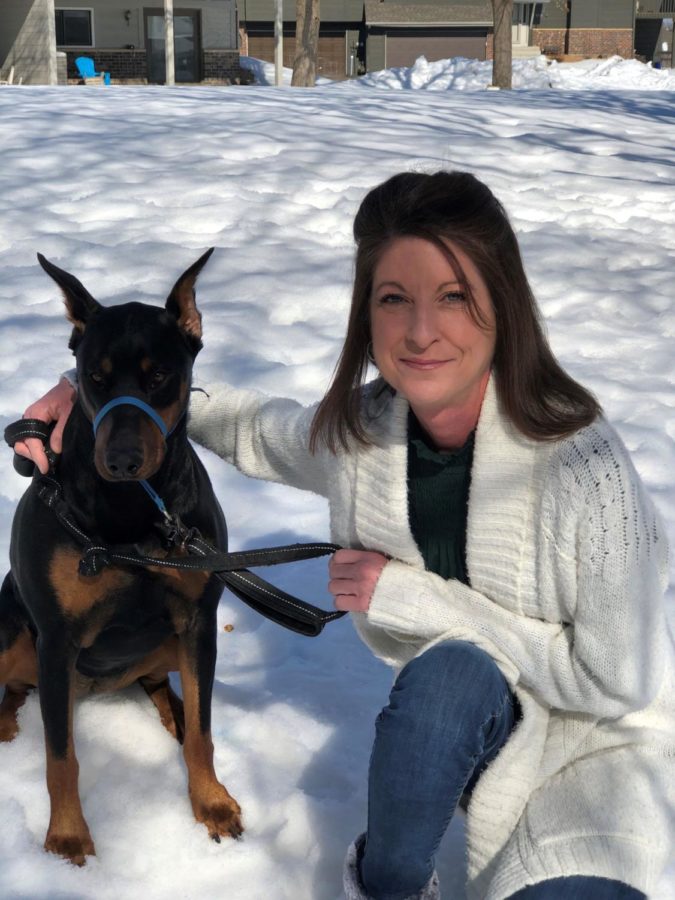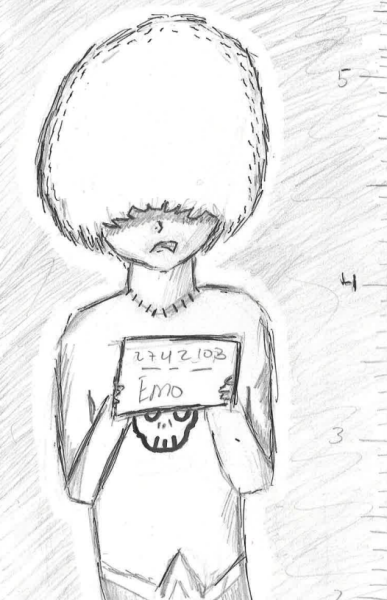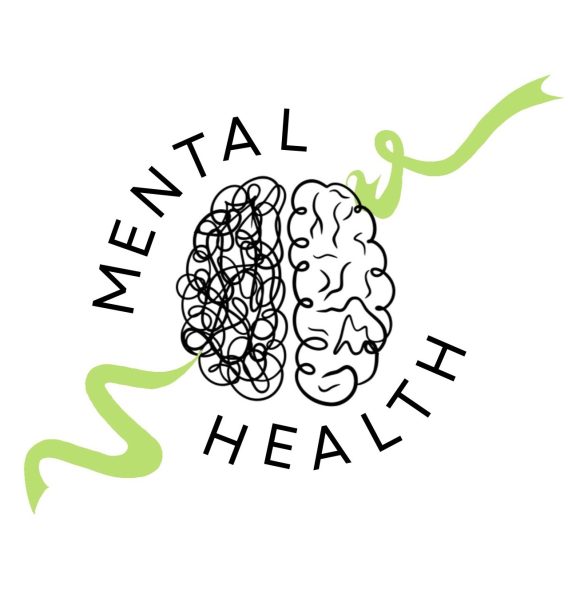District professionals place priority on mental health
Ms. Jeannie Swanson is one of two mental health professionals at Columbia Heights High School. CHHS has also teamed up with Lee Carlson Center for Mental Health and Well-Being in order to ensure that each student is taken care of during these hard times.
“At the root of this dilemma, is the way we view mental health in this country. Whether an illness affects your heart, your leg or your brain, it’s still an illness, and there should be no distinction.” First Lady Michelle Obama said these words at an event back in 2015, and yet it still rings truer than ever today.
During the current pandemic, the movement to destigmatize the conversation surrounding mental health has experienced a welcome resurgence. As more and more people find themselves struggling with anxiety and depression, countless media outlets, professionals and loved ones have been spreading awareness about the issue in hopes of helping others cope during this difficult time in all of our lives.
While social media and blog posts with tips to deal with anxiety and depression have proliferated in the last year, the help it supposedly offers isn’t always recommended by a professional medical provider. Booking a therapist appointment has also become increasingly difficult, and some are left feeling hopeless and unable to continue with their daily lives as mental health struggles can be debilitating to many. Because of the considerable gap between the demand for professional help and the actual ability to meet that demand, the importance of having social workers and school psychologists, especially in school settings like right here at Columbia Heights High School, has become imperative.
First, it’s important to distinguish the difference between a social worker and a psychologist.
“Social work is a practice-based profession and an academic discipline that promotes social change and development, social cohesion, and the empowerment and liberation of people,” the International Federation of Social Workers (IFSW) states.
On the other hand, a school psychologist has a different set of duties.
“School psychologists are uniquely qualified members of school teams that support students’ ability to learn and teachers’ ability to teach,” the National Association of School Psychologists (NASP) states. “They apply expertise in mental health, learning and behavior, to help children and youth succeed academically, socially, behaviorally and emotionally.”
Currently, CHHS students are supported by Ms. Angela Jacobson, who has been a school psychologist for many years and also works with early childhood in the district. Her workload includes check-ins with Heights students and assessments for students at the early childhood level.
After a long and rigorous process to hire someone to fill the vacant social worker position in the fall of 2020, Ms. Jeannie Swanson was selected for the job. Swanson is currently in charge of making sure that every student is able to learn and live in a safe environment. Whether that means connecting with a student’s family to guide them through resources available or facilitating communication between a student and their teacher, Swanson’s role as a social worker is crucial.
If you would like to reach out to either feel free to send an email to Ms. Jacobson here or to Ms. Swanson here. Additionally, if you have any further questions or concerns don’t hesitate to reach out to a teacher or dean to make that outreach easier. Remember that they are here to help, not judge!
As the school year reaches its end, many might find themselves struggling in various ways. It’s important to recognize that you are not alone! It has been an extremely difficult year for everybody, and there is no shame in acknowledging the need to reach out to someone.
The individuals who compose the student support staff throughout Columbia Heights Public Schools (CHPS) district are extremely important to ensuring that the wellbeing of the student population is a priority. In addition to the help and support that these talented individuals can provide, the district’s partnership with the Lee Carlson Center for Mental Health and Wellbeing is essential. This team-up has enabled the extension of CHPS’s resources and an enhanced ability to meet the needs of students. While the district has come a long way from offering the help of two professionals for the whole district, there still remains the challenge of providing enough support for the growing number of students in need of mental health support. Now, it is up to CHPS along with state officials, lawmakers, and more to recognize and act to ensure that every student has the resources they need to succeed, from pre-K to graduation and beyond.
If you or someone you know is experiencing a mental health-related crisis, please seek help immediately. National Suicide Prevention Lifeline: 800-273-8255. Anoka County Mobile Crisis Response Line: 763-755-3801. Hennepin Mental Health Emergencies: 18+ 612-596-1223 & Children 17 and under: 612-348-2233.

Gissel Inamagua is the Co-Editor-in-Chief for The Heights Herald. She is involved in numerous activities here at CHHS. Currently, she is the captain of...







